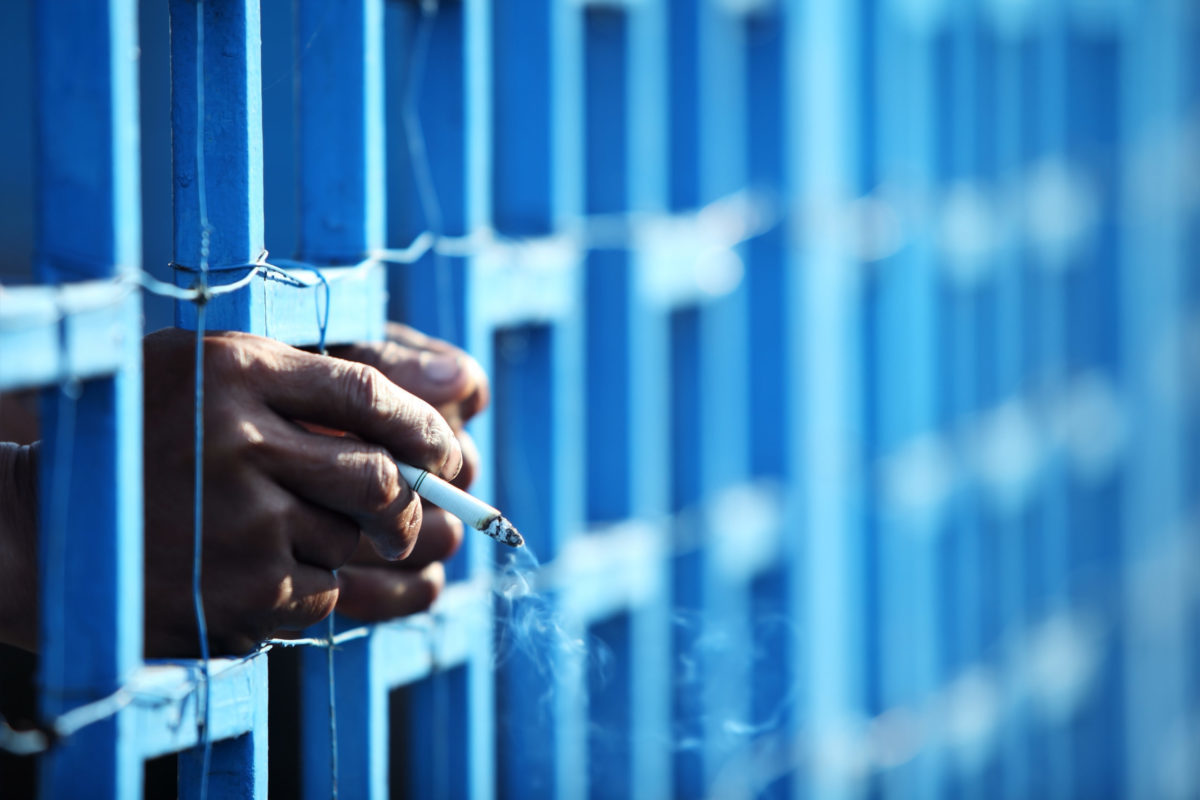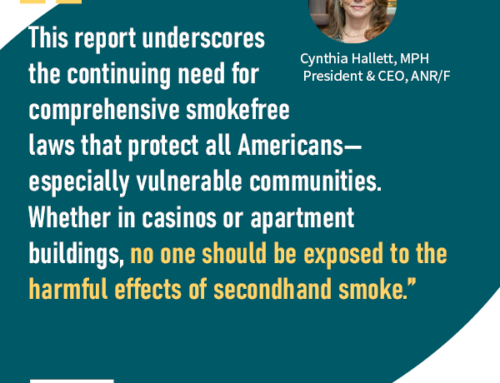Troubling Rollback in Smokefree Policy
The Mississippi Department of Corrections announced that prison inmates will be able to legally smoke as of Feb 1, 2021. This is an example of the tobacco and e-cigarette industry targeting priority populations for addiction, seeking to enable product consumption by rolling back smokefree policies, and striving to maximize profits despite the proven health risks to users and non-users. Taxpayers fund prison healthcare, and this will add to the health burden of chronic disease on top of COVID-19.
This financial partnership with Mississippi law enforcement mirrors other recent tobacco industry efforts to fund law enforcement groups such as sponsorships from Reynolds American to National Organization of Black Law Enforcement Executives (NOBLE) intended to raise doubt about effective life-saving tobacco control policies such as regulating sales of menthol tobacco products, eliminating secondhand smoke exposure, and raising tobacco taxes.
This is very disappointing. Secondhand smoke exposure is toxic and leads to disease and even death. At a time when we have increased concerns about air quality, virus transmission, and public health, this is an ill-advised decision. They are trading off the health of inmates and employees for economic gain.
As more states are moving to prohibit smoking in correctional facilities, this is a move in the wrong direction. Rolling back public health protections after ten years is reckless. Tobacco industry allies are celebrating this decision and will use it as a playbook for rollbacks in other states.
See our list of correctional facilities with smokefree policies.
More reading on the international perspective on secondhand smoke exposure in prisons:
“Within prison grounds, the probability of being exposed to second-hand smoke is also high, due to the high number of smokers, the fact that prisoners are often forced to spend most of their time indoors, and poor ventilation in many places. This creates a need for effective interventions to reduce involuntary health risks to both detainees and staff.” Read more






